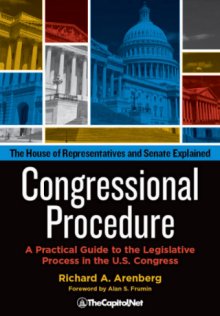Publishing U.S. Law
When an enrolled bill becomes law, it is then sent to the Archives of the United States. If the bill becomes law by legislative override of an executive veto, Congress sends the bill to the Archives. If the bill becomes law through any other method, such as a pocket approval or signature approval, the White … Read more



